What Happens to Your Body When You Don’t Drink Alcohol for a Month?
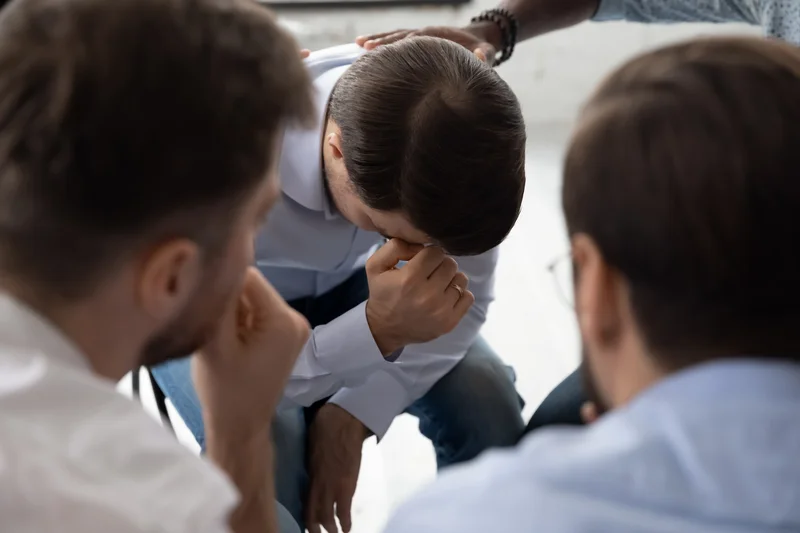
This improved immune function is another key benefit of giving your body a break from alcohol. All these teeth issues are common nowadays and it’s because people are drinking alcohol too much which ultimately shows an adverse effect on their teeth. Stop drinking alcohol is so far has not shown positive results in the initial days but all these symptoms are a signal that your body is recovering from alcohol addiction slowly. In my mid-twenties, I could not take a week off of drinking without suffering some gray area between moderate and severe withdrawal symptoms. I had to call in sick to work whenever I wanted a “dry period” to begin.
What does a month of no drinking do to your body?
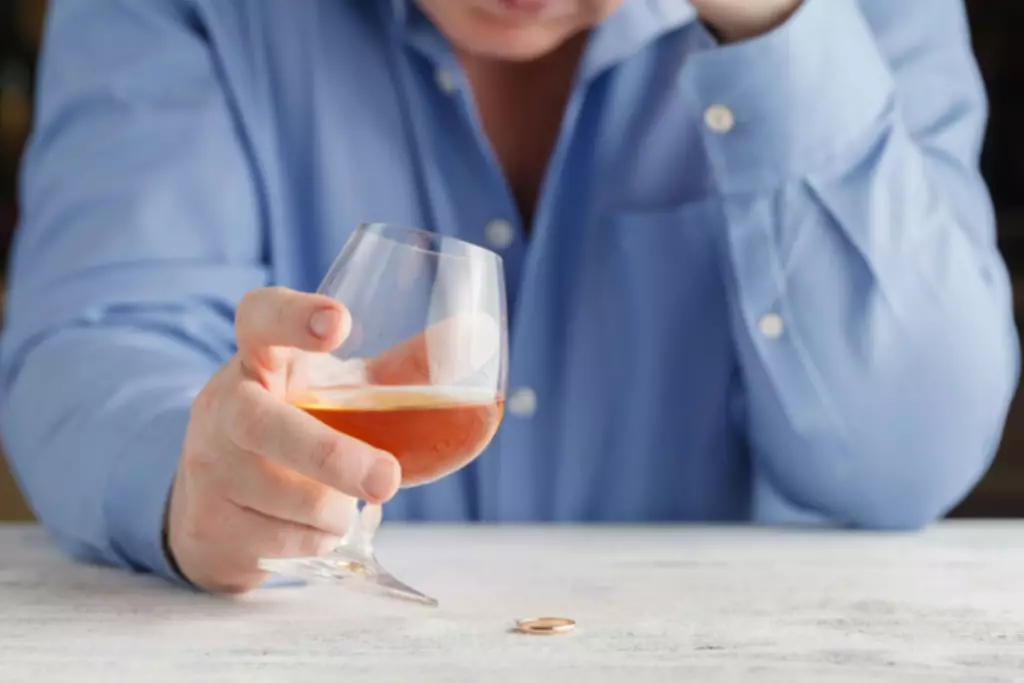
While it’s true that alcohol withdrawal symptoms can be severe, they will not last forever. Once you get through that part of the process, what happens when i stop drinking alcohol you’ll start to feel better physically and mentally. Long-term effects of stopping drinking include weight loss, better mental health, and a reduced risk of various cancers. Some may experience improved digestion and a stronger immune system. Over time, they often see an increase in life expectancy. People decide to explore life without alcohol for a whole variety of reasons.
Long-Term Health Benefits of Quitting Alcohol
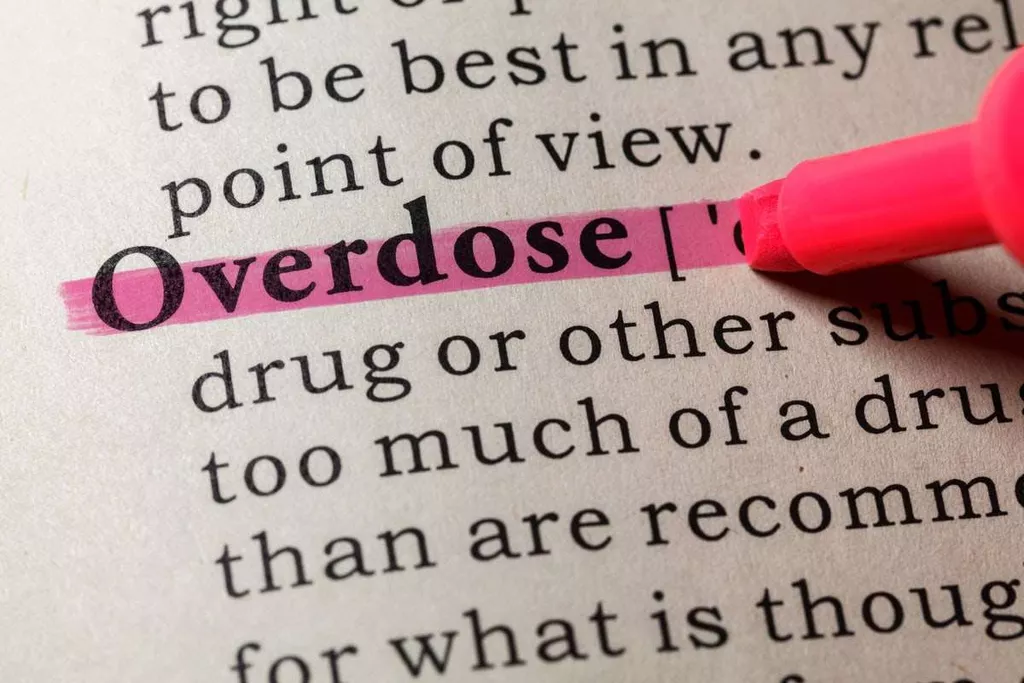
When you stop drinking alcohol, you can have a much sharper mind and renewed focus. To make the most of this, we recommend setting meaningful goals and practical sobriety strategies to help you pursue them consistently. You might experience withdrawal symptoms that can make the process more challenging. On the other hand, binge drinking is generally defined as four drinks for women and five drinks for men within a two-hour period. what is alcoholism And even occasional binge drinking episodes can have profound effects on your liver’s health over time.
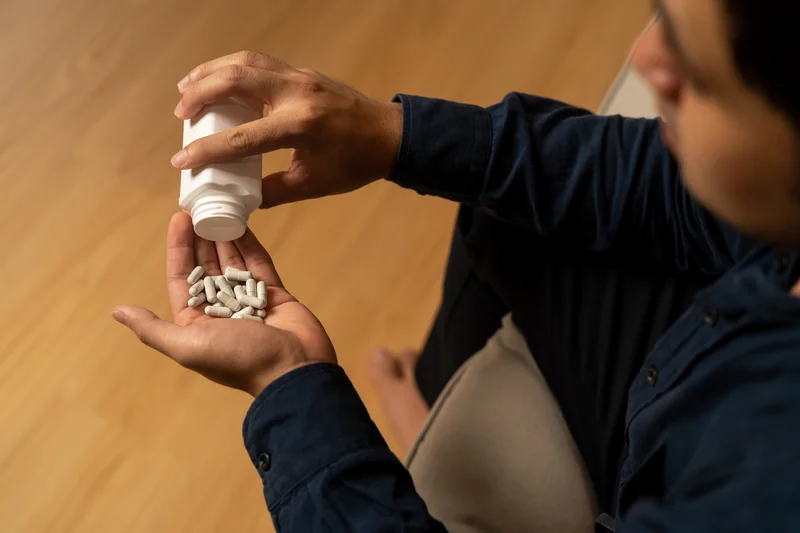
What does alcohol withdrawal feel like?
Alcohol consumption can lead to fatty liver disease, alcoholic hepatitis, fibrosis, cirrhosis, and liver cancer in that order. When you stop drinking alcohol and replace it with water, your body will begin to rehydrate itself and absorb more water into the bloodstream and cells throughout the body, including the brain. One of the first few signs of improved hydration status is healthier-looking skin. Less wrinkles, less puffiness, a decrease in red blotches, and a brighter glow are signs of improved skin due to better hydration status. The first day after you quit drinking alcohol, it may feel pretty easy to stick to your commitment to not drinking. Those not physically dependent on alcohol likely will not have any significant physical changes.
- Although it can help some people fall asleep, alcohol is known to significantly impact someone’s quality of sleep.
- Once you start disliking your activities you will keep yourself lonely.
- If a GABA supplement comes out that changes my mind, I will write about it.
- I would say to the person, listen, I need to ask you a question.
- Consult with a healthcare professional when deciding to quit drinking, especially if you have a history of heavy alcohol use, to ensure a safe and monitored withdrawal process.
More Severe Symptoms
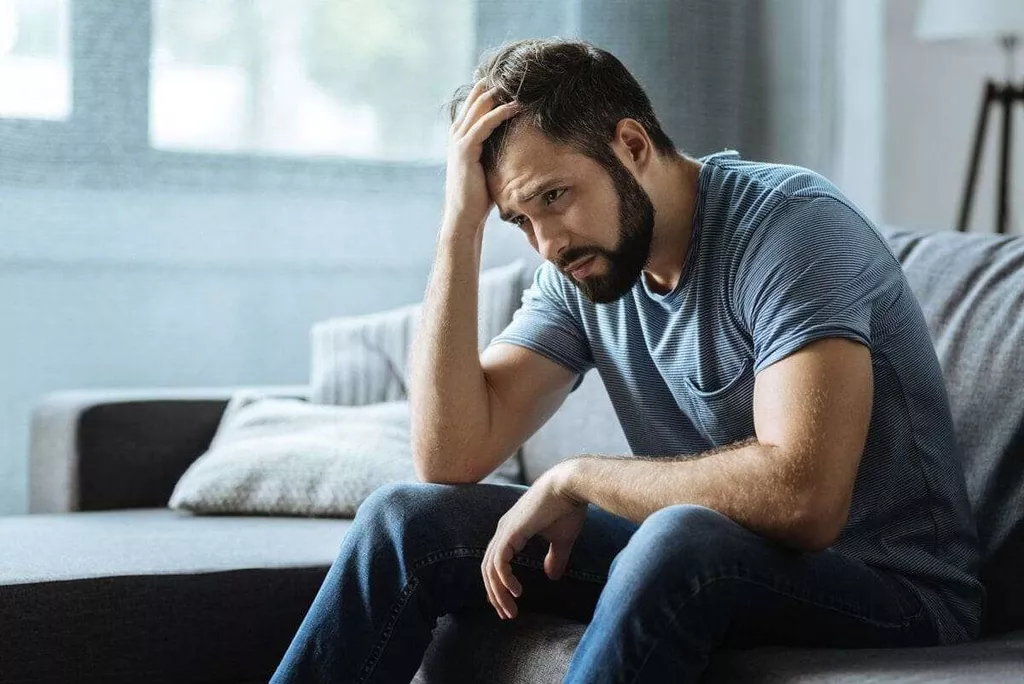
With alcohol out of the equation, though, these chemicals cause withdrawal symptoms. After your detox, you can continue onto addiction treatment for long-term recovery. At Priory, we provide personalised, holistic treatment plans that offer the best chance of a positive detox experience as well as long-term recovery success.
With the right nutritional and lifestyle strategies, you can minimize the symptoms of post-acute withdrawal syndrome (PAWS). This condition affects a majority of alcoholics because brain chemical balance does not return automatically once drinking stops. People with severe withdrawal symptoms are likely to experience psychological difficulties for months afterward. A person with moderate withdrawal symptoms who continues to drink will increase the likelihood of experiencing severe withdrawal symptoms in the future. A person who suffers from mild withdrawal symptoms and escalates their drinking is likely to experience moderate withdrawal symptoms in the future.

This newfound free time can be disorienting for some people after they quit drinking because they might actually feel bored, and this can be a risk if cravings come back. Taking some time now to think about and write down what you’ll use your extra money and time for when you stop drinking will set you up for success later. Additionally, your brain https://ecosoberhouse.com/ begins to recover from the effects of alcohol. Your cognitive function, memory, and concentration should start to improve. While you’re unlikely to notice, unless it is excessively high, your blood pressure will decrease. For example, patients of all ages who come to us drinking heavily have exceedingly high blood pressure.
The Kindling Effect: Why Quitting Alcohol Gets Harder Every Time
This can lead to burnout, which can make you feel foggy. Thiamine (vitamin B1) helps your body break down food for energy. It also serves a lot of other important functions, such as keeping your nervous system healthy. Many people who go through alcohol withdrawal no longer have enough thiamine in their body.
How To Help Someone Quit Drinking (A Realistic Take)
When you quit drinking, there are various risks and considerations to be aware of. These range from withdrawal symptoms to the need for professional support to manage potential complications effectively. Heavy drinking is linked to several types of cancer, including liver, breast, and colon cancer. By stopping alcohol, you reduce these risks significantly. There are many different factors that can affect the severity of alcohol withdrawal. For example, the frequency, duration, and the amount of alcohol consumed when drinking can all play a role in the severity of withdrawal symptoms.
